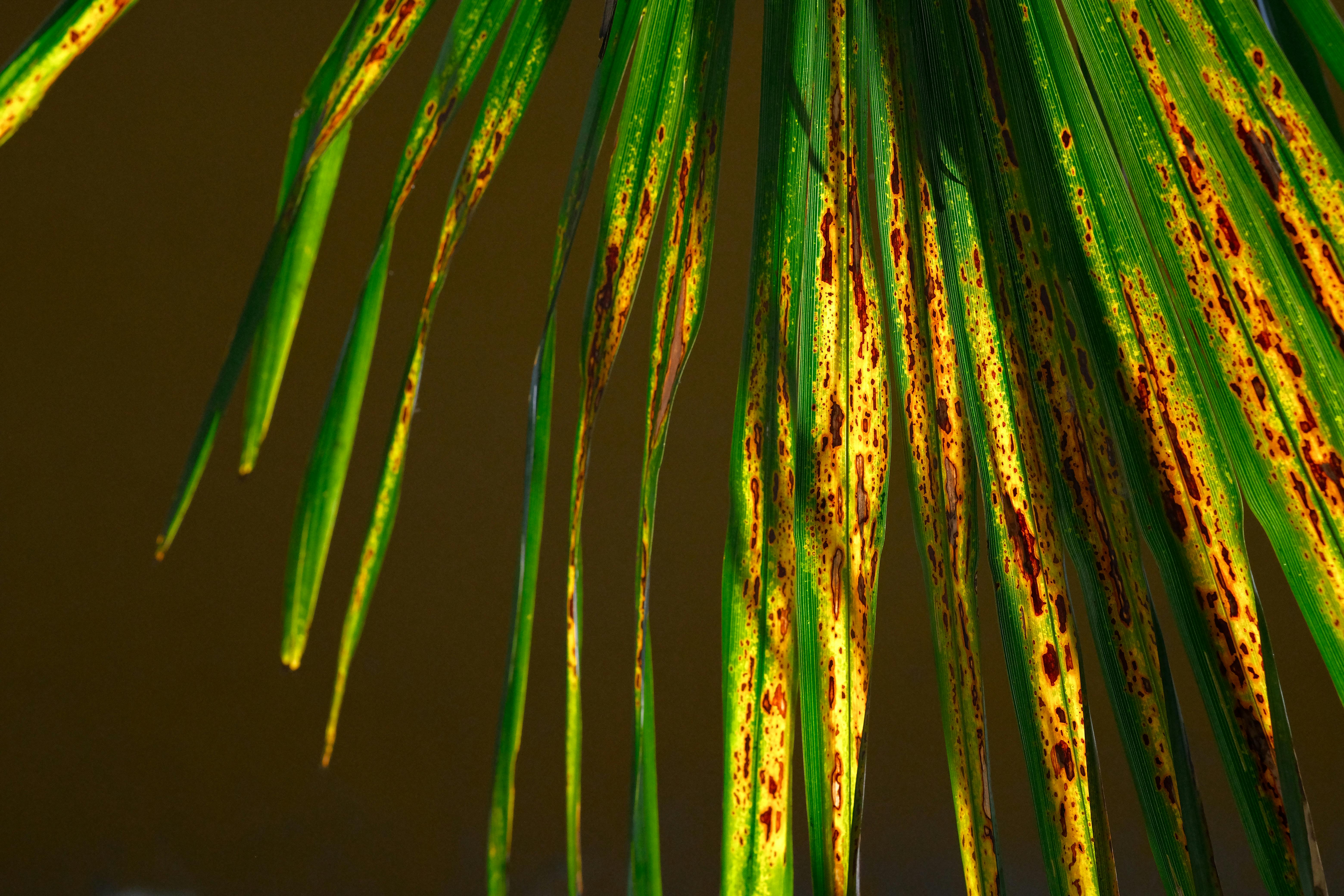Distillation
Distillation is a common method of separating and purifying liquids by heating them to the point where they evaporate. It is used in many industries such as food and beverage production, pharmaceuticals, biotechnology, petroleum refining, and chemical manufacturing. Distillation involves boiling a liquid to separate its components based on their different boiling points. The vapor produced from the boiling liquid is then condensed back into a liquid form. The resulting liquid is usually of higher purity than the original mixture.Different Types of Distillation
There are several types of distillation that can be used to separate and purify liquids. These include simple distillation, fractional distillation, steam distillation, vacuum distillation, and azeotropic distillation. Simple distillation is the most basic type of distillation and involves boiling a liquid to produce vapor which is then condensed back into a liquid form. Fractional distillation involves multiple stages of evaporation and condensation in order to separate different components from each other based on their boiling points. Steam distillation utilizes steam to heat the mixture instead of direct heat from a flame or anHow Long Does Simple Distillation Take?
Simple distillation is a process used to separate liquids based on their different boiling points. This process takes some time to complete depending on the type of liquid being distilled and how much of it is being distilled. Generally, the process can take anywhere from 30 minutes to several hours.The length of time needed for simple distillation varies depending on how much of the liquid needs to be separated, the type of equipment used, and the purity of the final product desired. For instance, a single batch distillation using a laboratory glassware setup can take up to two hours or more. On the other hand, continuous distillation with larger-scale equipment can be done in about 30 minutes or less. To ensure optimal separation and purity levels, it is important to pay close attention to details such as temperature readings and adjusting settings as needed throughout the process. The temperature must be closely monitored so that only one component separates at a time. In addition, condensers must be regularly monitored to prevent over-condensation and loss of product.Overall, simple distillation can take anywhere from 30 minutes up to several hours depending onHow Long Does Fractional Distillation Take?
Fractional distillation is an important process used in many industries. It is also a very time-consuming process, as it can take anywhere from a few hours to several days depending on the complexity of the mixture being distilled. Generally, the smaller and simpler the mixture, the shorter the distillation process. For example, simple mixtures such as ethanol and water can be fractionally distilled in just a few hours. For more complex mixtures, such as petroleum or crude oil, it may take several days to complete the fractional distillation process.In addition to the complexity of the mixture being distilled, other factors can also affect how long fractional distillation takes. These include factors such as temperature of the heated liquid, pressure in the system, and type and size of still used. In general, increasing any of these parameters results in a longer distillation time. For instance, using a larger still can increase how long it takes to complete fractional distillation as more liquid must be heated and evaporated before reaching completion.
For most companies that use fractional distillation on a regular basis
How Long Does Steam Distillation Take?
Steam distillation is a type of separation process that is used to purify and separate substances. It is a relatively simple process and can be completed in a relatively short amount of time. The exact amount of time that steam distillation will take depends on the type of substances being distilled, the purity level desired, and other factors. Generally, steam distillation can take anywhere from a few minutes to several hours.The most important factor in determining the length of time it takes to complete steam distillation is the boiling point of the materials being distilled. If the boiling points are low, then it will take less time for them to vaporize and condense. On the other hand, if the materials have high boiling points, then it will take longer for them to vaporize and condense. Additionally, if there are other impurities present in the mixture that have lower boiling points than those being distilled, then it may take longer for them to distill out as well.
Another factor that can affect how long steam distillation takes is the size of

How Long Does Vacuum Distillation Take?
Vacuum distillation is a process that relies on the application of reduced pressure to lower the boiling point of liquids, allowing them to be separated more easily. The length of time that vacuum distillation takes is dependent on several factors, such as the type of material being distilled and the desired end product. Generally speaking, it can take anywhere from a few minutes to several hours or even days to complete a vacuum distillation process.The speed at which a vacuum distillation process will take place depends on how much material is being distilled, as well as the temperature and pressure of the vacuum system being used. Generally speaking, higher temperatures and pressures result in faster distillations, while lower temperatures and pressures will take longer. Additionally, when working with more complex materials, multiple distillations may need to be performed in order to isolate the desired components.
When working with simpler materials or when using higher temperatures and pressures, it is possible to complete a single distillation in a matter of minutes. However, with more complex materials it can take hours or even days to completely separate
Factors That Affect the Duration of Distillation
Distillation is a common process used to purify liquid mixtures and separate them into their component parts. The duration of distillation can vary depending on several factors, including the type of distillation, temperature, pressure, and the composition of the mixture.Type of Distillation
The type of distillation used will affect the length of time required for the process to be completed. Simple distillations may take only a few minutes while complex fractional distillations can take several hours. The total time required will depend on how many stages are needed to separate all components of the mixture.Temperature
The boiling point of each component in the mixture will determine how long it takes for each component to vaporize and condense again. If the temperature is too low, then it will take longer for components to vaporize and condense. On the other hand, if the temperature is too high, then some components may vaporize too quickly resulting in an incomplete separation or lower purity levels.How Does the Distillation Time Affect the Measurement of Alcohol Content?
The distillation time plays a crucial role in measuring alcohol content accurately. An optimal distillation ensures that the volatile compounds are separated effectively, allowing for a precise calculation of alcohol concentration. Insufficient distillation may result in misleading readings, affecting product quality and compliance with regulatory standards.
Does the Presence of Azeotropes Slow Down the Distillation Process?
The presence of an azeotrope and distillation can significantly impact the efficiency of the separation process. Azeotropes form at specific compositions where the vapor and liquid phases have the same composition, thereby complicating the distillation. This phenomenon can lead to lower purity and extended operational times during separation.
The Benefits of Using a Shortened Time Frame for Distillation
Distillation is an important process in many industrial applications, and the ability to distill within a shorter time frame can provide numerous benefits. One of the main advantages of using a shortened time frame for distillation is that it allows for faster production. By cutting down on the time it takes to complete the distillation process, companies are able to produce more products in a shorter amount of time, thus increasing efficiency and profitability. Additionally, a shortened time frame for distillation also helps reduce energy consumption and costs. By using less energy to complete the process, companies can save money on their energy bills and use resources more efficiently. Finally, using a shortened time frame also helps reduce waste by removing impurities from the product sooner, which in turn improves its quality and extends its shelf life.Overall, there are numerous benefits to using a shortened time frame for distillation. Companies can save money on energy costs while producing more products in less time and with higher quality results. This makes the process much more efficient overall and allows businesses to remain competitive in their respective industries.

Conclusion
Distillation is a powerful technique for separating and purifying liquids, and can take anywhere from minutes to hours, depending on the complexity of the mixture. Still, no matter how long the process takes, distillation is an effective way of producing quality products with minimal impurities.Overall, distillation is a valuable industrial process that has a wide range of applications. Its ability to separate components based on their boiling points makes it an ideal choice for purifying liquids. The time needed to complete the process depends on the complexity of the mixture and the design of the still.
In conclusion, distillation can be used to effectively separate and purify liquids in a variety of settings. Depending on the requirements, it can take anywhere from minutes to hours to complete; however, its ability to produce high-quality products with minimal impurities makes it worth the effort.

